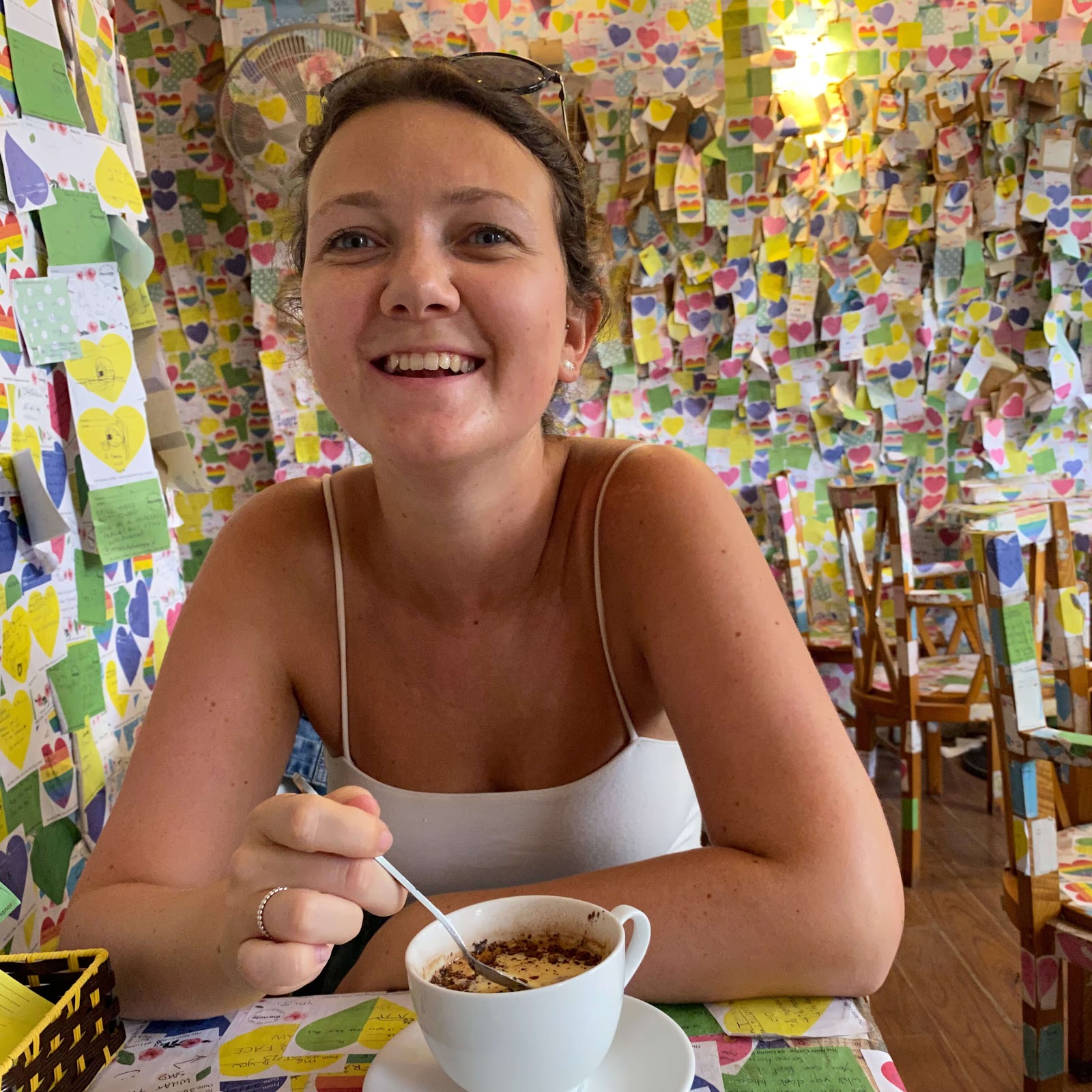Comfort zones have their uses. They keep life predictable, steady, and organised. But after a while, that predictability can start to feel like a loop. Daily routines take shape, and most people rarely move outside the same grid of streets, shops, and workplaces. The open road offers a different rhythm. It’s about shifting perspective, one mile at a time.
This blog post is a contributed post, written by another author.
The Geography of Familiarity
Think about the radius of your life. For many, it’s surprisingly small. A few favourite cafés, the office, the supermarket, maybe the gym. It all starts to blend. Human brains build strong mental maps of the spaces we see often, and while this makes navigation simple, it also locks us into autopilot. The road beyond that radius interrupts this pattern. New signs, untested routes, and unfamiliar landscapes keep the brain engaged. Every detour or side street adds fresh detail to that internal map, which strengthens memory and attention in ways routine never does.
Roads as a Framework for Learning
Travel by car introduces challenges that feel small but are very real. A sudden rainstorm. A confusing roundabout. A diversion through an unexpected village. These are manageable obstacles, but each one requires adjustment. They test focus, patience, and adaptability. In other words, they become exercises in decision-making under shifting conditions. The same mindset applies to problem-solving in other areas of life. Handling uncertainty on the road translates into handling unpredictability elsewhere, whether in professional settings or personal projects.
Social Dimensions of Travel
Journeys reshape social interactions. Meeting people along the way—a quick chat at a petrol station or a short conversation in a roadside café—pulls you out of familiar patterns. With no shared background, communication becomes clearer and more direct. If you’re travelling with others, the road itself becomes a kind of group project. Navigation, timing, food stops—these things demand coordination and negotiation in real time. The result is a practice ground for collaboration that feels organic rather than staged.
Vehicles as Enablers of Transition
Exploration on the road requires a reliable vehicle, and the act of selecting one itself can symbolise transition. Many individuals considering significant lifestyle changes begin with practical steps, such as browsing cars for sale. Choosing a vehicle is rarely only a financial decision; it often reflects broader goals about how far one plans to travel, what terrains to cover, and how much flexibility to retain. A shift in mobility resources can become a concrete marker of commitment to new experiences.
Psychological Shifts Linked to Distance
Distance itself changes perspective. Environmental psychology research shows that unfamiliar places affect how people think about themselves. When the view outside the window changes—fields instead of city streets, mountains instead of suburbs—the brain recalibrates. Challenges that felt fixed at home can look different after hours on a road trip. This isn’t abstract theory; it’s grounded in the way sensory input and context shape attention and problem framing. Even a short trip can create this shift, provided the landscape is far enough removed from what’s familiar.
Integration into Daily Life
The lessons of the road don’t end when the road trip does. Returning home with a different perspective often makes the familiar feel new again. Streets look different, routines stand out, and decisions are reconsidered with fresh clarity. Small insights add up—a habit noticed, a route reconsidered, a new way of thinking about time. The open road is less about escape and more about noticing what else is possible, both while travelling and back in ordinary routines.







No comments
Thank you for reading my blog! I hope you enjoyed this post and found it helpful in anyway. I'd love to hear any feedback you may have.